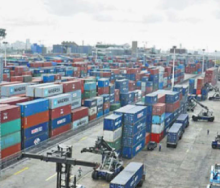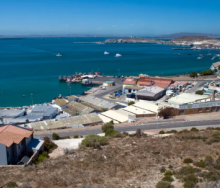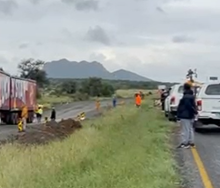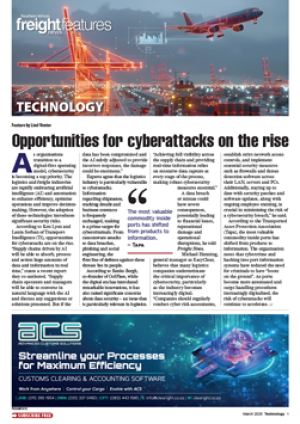Software-as-a-service (Saas) fleet management company GoMetro has been selected as a recipient of a £147 000 grant from the UK Freight Innovation Fund.
It comes within months of the South African incubator announcing its Series A funding of £9 million, led by Zenobē Energy and Futuregrowth Asset Management.
Justin Coetzee, CEO of the company, which is now based in London, said: “The grant will be used to finance a six-month trial with leading UK logistics companies Maritime Transport and Welch’s Transport to implement our EV-FIT solution for electric vehicle (EV) fleet transformation and our Bridge fleet management software platform.”
Along with its trial partners, the company will be collecting and analysing fleet movement data for a chosen UK depot, from which they will identify critical vehicle and infrastructure specification needs.
“The grant is an amazing validation for us in the UK’s freight market, and implementing our solution with major logistics players is an incredible opportunity to show how our software platform can help fleet owners achieve better results,” said Coetzee.
Christopher de Saxe, who heads up the EV-FIT project lead, said: “I'm thrilled to be trialling our solution with Maritime Transport and Welch’s Transport to address one of the UK’s biggest decarbonisation challenges. Data is fundamental to decarbonising UK road freight, and we have the tools needed to unlock key insights for the industry.”
The funding, announced on October 10 by UK Future of Roads Minister, Lilian Greenwood, is the third tranche of the UK department’s Freight Innovation Fund Accelerator Programme. The programme is a £7-million government investment across three years to support the freight sector in deploying AI and automation to improve the way trains, trucks, vans and ships carry parcels and goods.
It is funded by the UK Department for Transport (DfT) and delivered through Connected Places Catapult, the UK's innovation accelerator for cities, transport and place leadership.
Greenwood said: “Freight is a crucial engine of our economy and it is only right we do all we can to improve working conditions, pioneer innovation and drive sustainability across the industry.
“Our funding, combined with investment from the industry, will ensure lorry drivers can enjoy safer parking, a proper rest and a warm meal, while supporting UK businesses to harvest the best of technology to move freight faster, decarbonise our supply chain, and grow the economy for all.”
Delivered by Connected Places Catapult (CPC), the Freight Innovation Fund gives SMEs access to technical and business support from the organisation to develop new groundbreaking projects.
CPC chief executive Erika Lewis said: “This programme gives bespoke support to SMEs, working hand-in-hand with industry as they trial their solutions in real-world environments. By supporting new ideas in freight, we are helping to unlock the sector’s potential to be greener and more efficient.”
Given the complexity of truck operations and the upfront vehicle and infrastructure investments at stake, an effective EV transition plan must be customised to suit the unique operating characteristics of each fleet.
Telematics data was the key to unlocking this, said De Saxe. Telematics data provides insights into key operational metrics such as daily mileage and idle time at depots. These insights help to identify the required vehicle and charging infrastructure specifications such as battery capacities and the number, power, and location of chargers.













